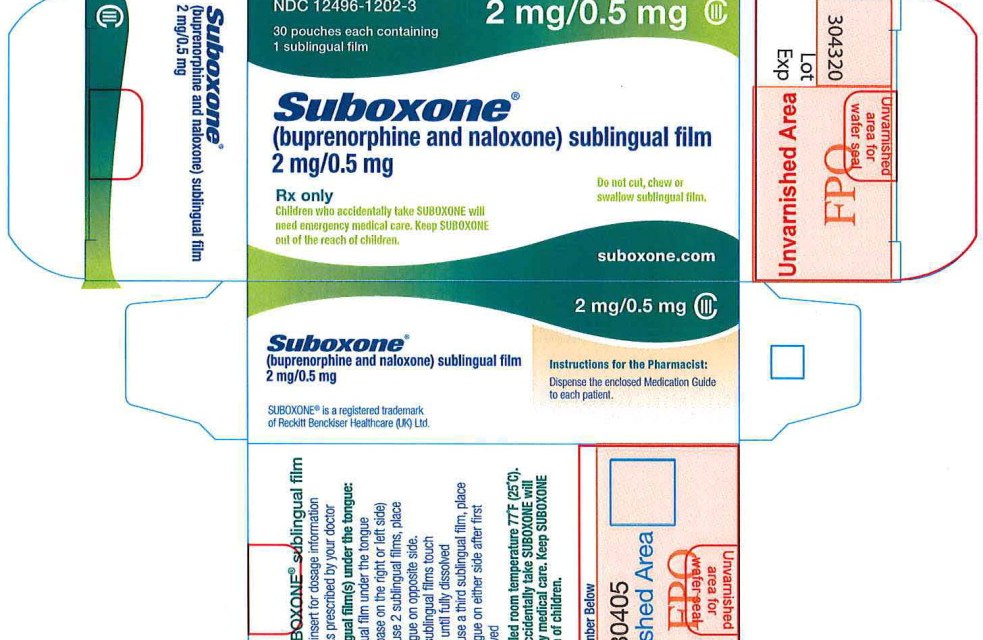I wanted to take a quick look at an issue that’s come up several times in debate over a national strategy to respond to the epidemic of opioid/opiate abuse: The push to get more physicians making regular use of buprenorphine in their practices, presumably to help reduce the number of overdoses. I understand the rationale. But I found myself wondering about the practical application.
It seemed to me that the training required of physicians isn’t that tough. It’s available online, and most of the docs I know have completed it in the office or at home in a single afternoon. It’s comparable to the training required in our state to prescribe Oxycontin. Here’s how that’s working.
There’s debate over limiting bupe maintenance to a certain number of maintenance clients. That’s a barrier, certainly. But in our state at least, clinics and physician groups that want to offer maintenance simply combine the allotment for their medical staff and treat a larger number. Not a perfect solution, but it seems to work.
Which brings me to another issue: Many physicians don’t want to offer opioid maintenance. They’re happy to refer out, to an addictionologist or psychiatrist with training. As one clinic director explained it, “It’s just not what we do. And we’re busy enough now that we don’t really want to attract that population to our practice.” I’m sure there’s prejudice mixed in there somewhere. But that’s how he felt.
It concerns me when I hear reports that suggest much buprenorphine is finding its way onto the streets, sold or exchanged for heroin. Addicts use it when heroin isn’t available, to help them over the rough spots. But as a rule, they haven’t stopped heroin use. They’ve integrated the bupe into their drug use pattern.
I think there’s some confusion about this among users. Take the hit TV show Mr Robot: The protagonist believes that by alternating his drug of choice, morphine, with Suboxone, he won’t become dependent. I cannot for the life of me see how that would work, since they’re both opiates and one doesn’t cancel out the other. But it’s television, so maybe that’s not important.
Still, if our goal is to reduce OD fatalities, Narcan would still be the drug of choice.
On the other hand, diverting buprenorphine probably doesn’t do much direct harm. But it’s pricey, and somebody has to pay for it. I’d like to feel confident we were getting good value.













